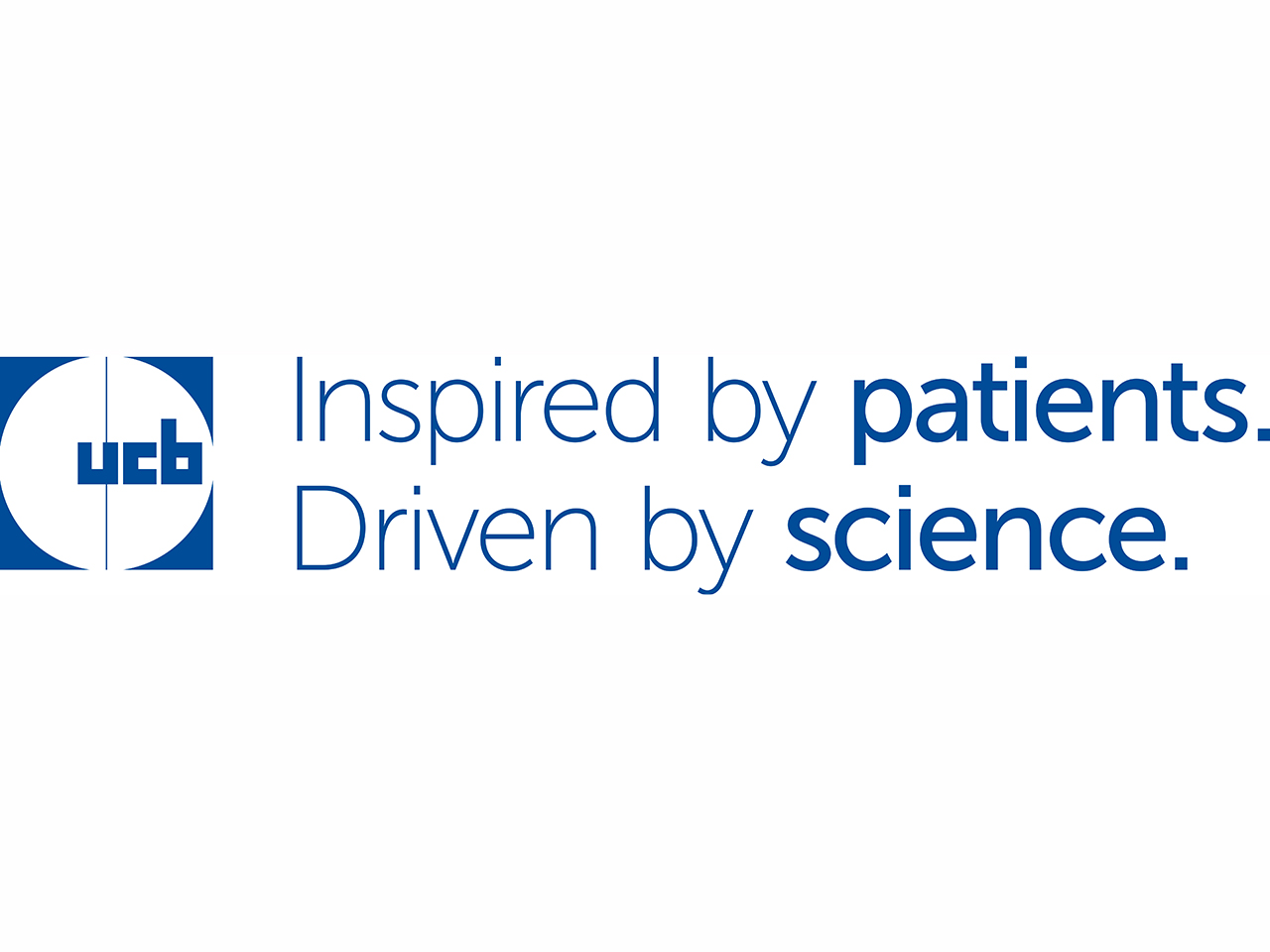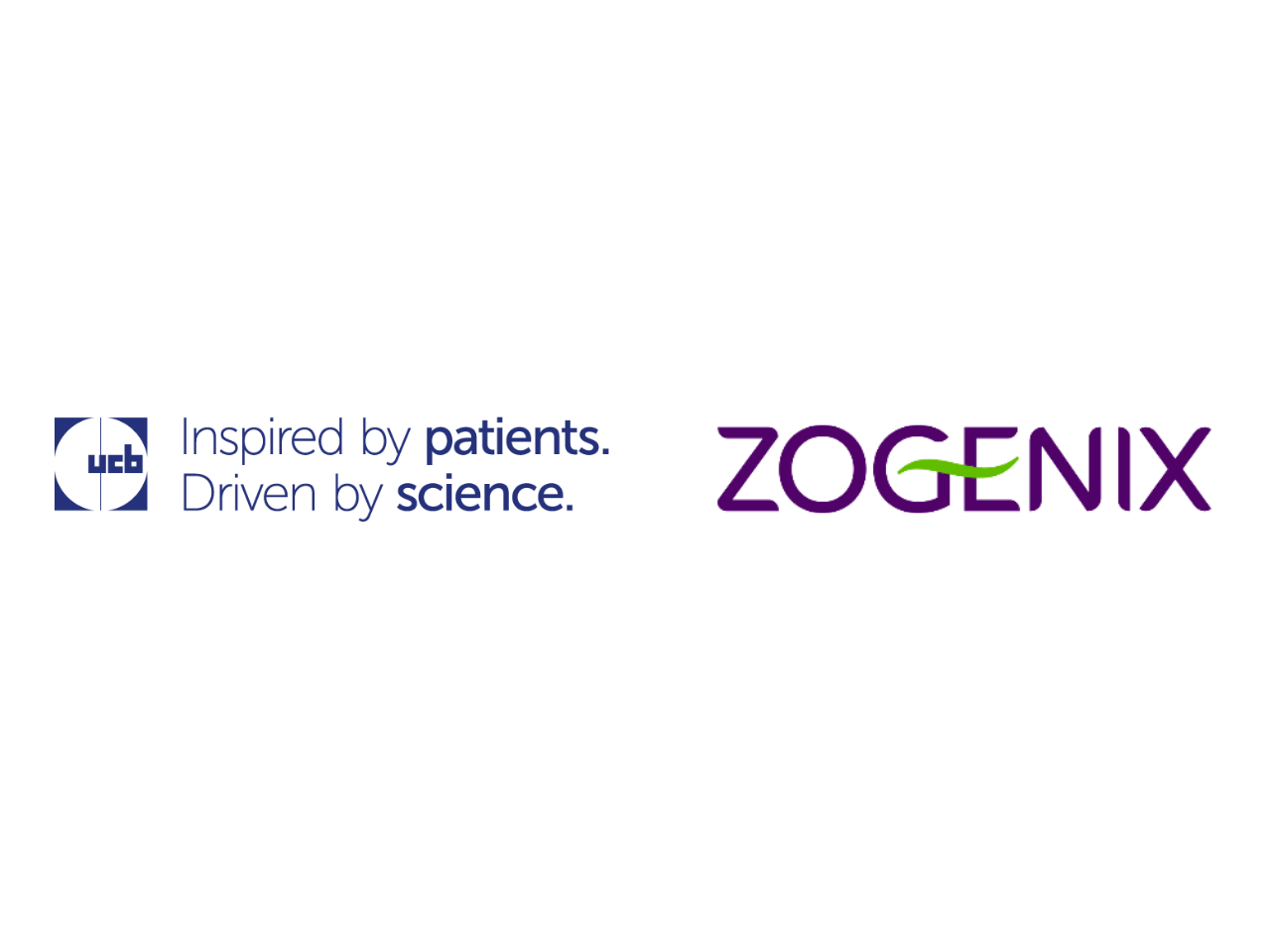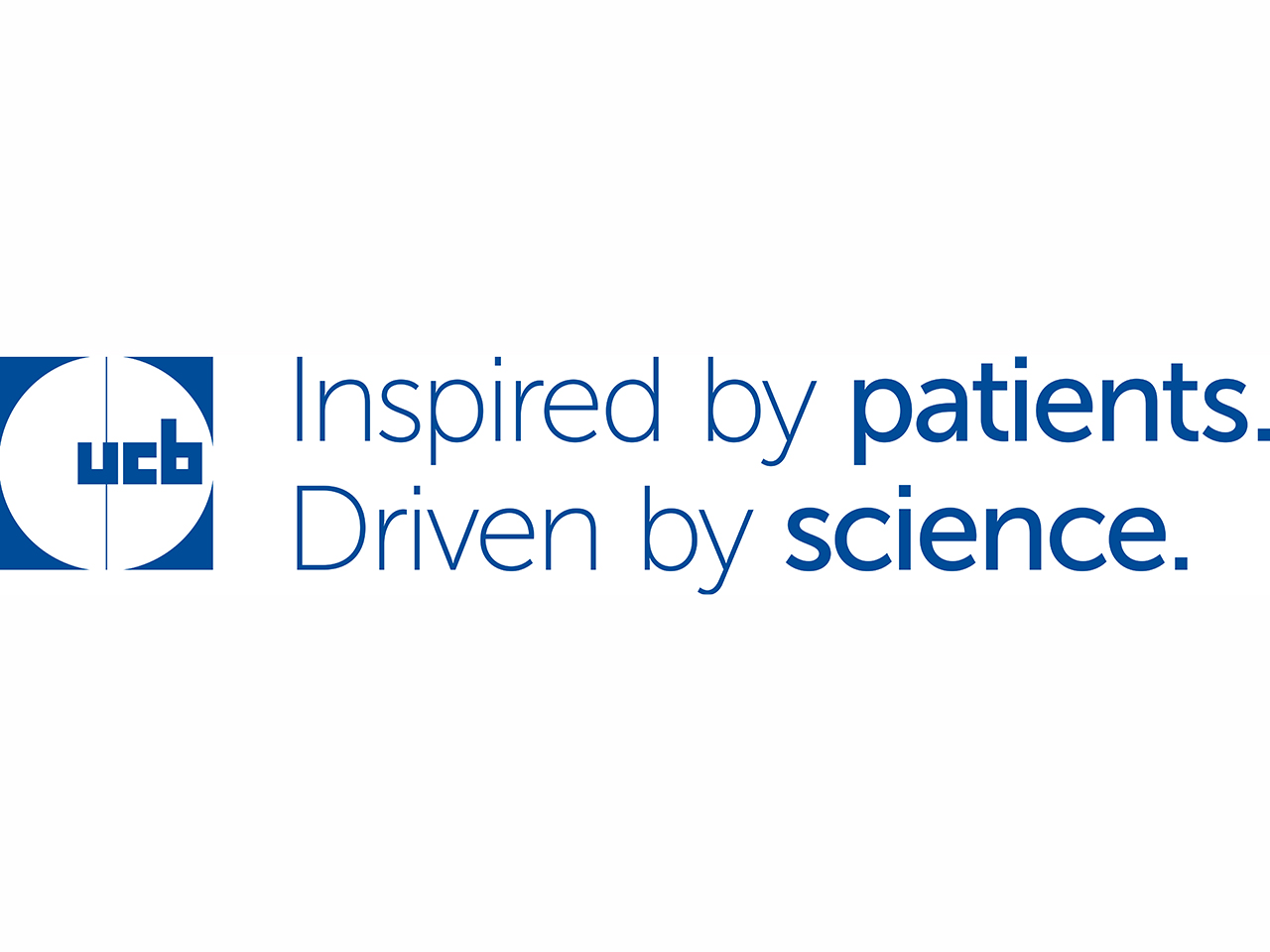Categories
Archives
- 2026
- 2025
- 2024
- 2023
- 2022
- 2021

Mar
26
New Long-Term Complete Skin Clearance Data for Bimekizumab in Moderate to Severe Plaque Psoriasis Presented at the 2022 AAD Annual Meeting

Mar
07
UCB Completes Acquisition of Zogenix, Inc.

Feb
04
UCB announces positive data in myasthenia gravis with zilucoplan phase 3 study results

Jan
21
Positive Top-Line Results for bimekizumab in Second Phase 3 Psoriatic Arthritis Study

Jan
19
UCB to acquire Zogenix

Jan
18
Positive Top-Line Results for bimekizumab in Phase 3 Non-Radiographic Axial Spondyloarthritis Study

Dec
16
Positive Top-Line Results for Bimekizumab in Phase 3 Ankylosing Spondylitis Trial

Dec
10
UCB announces positive Phase 3 results for rozanolixizumab in generalized myasthenia gravis

Nov
19
Positive Top-Line Results from Bimekizumab Phase 3 Psoriatic Arthritis Study Demonstrated Significant Improvements in Joint and Skin Symptoms
